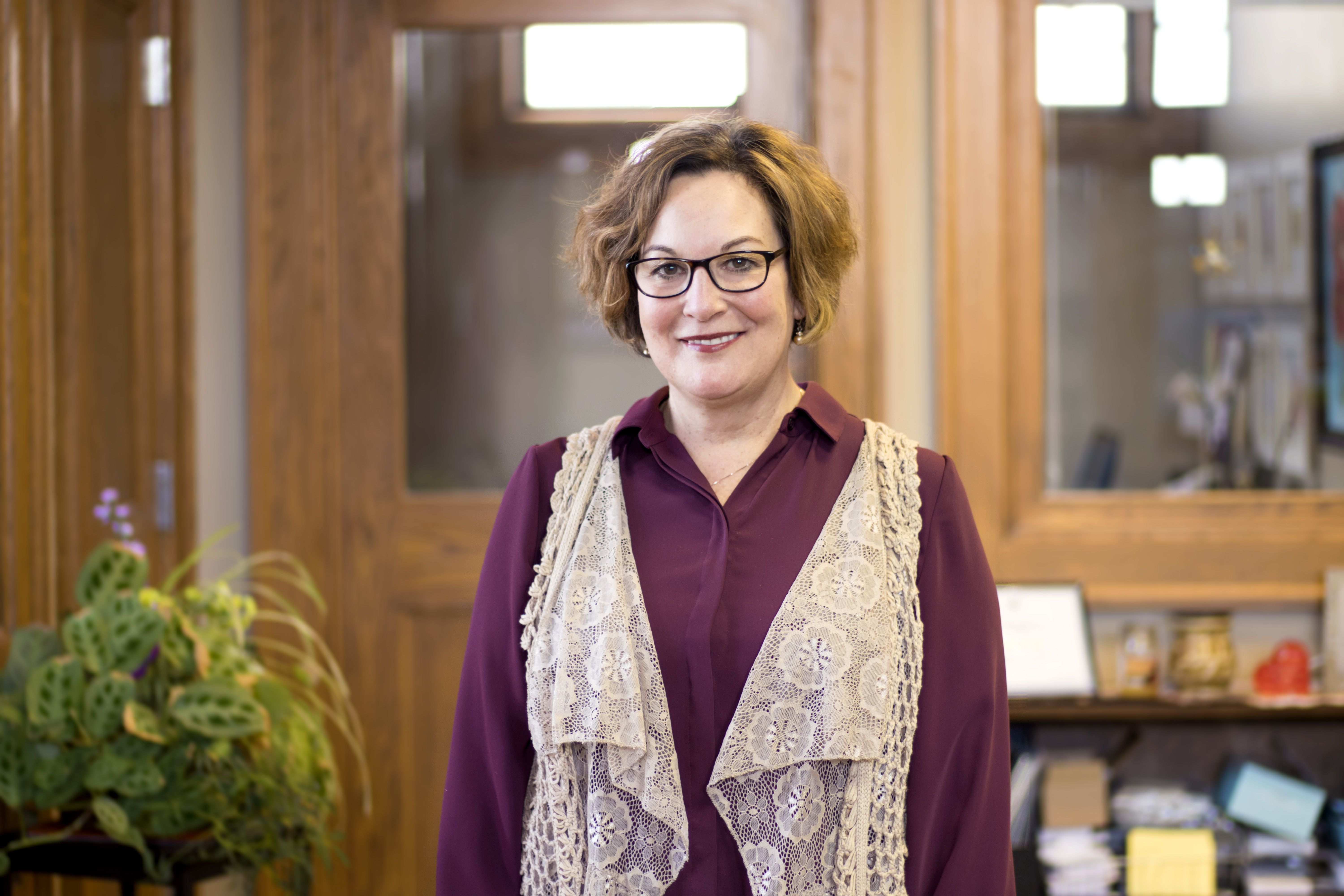
I have worked with people experiencing homelessness for over 35 years. In that time there have been advancements and initiatives to provide housing, case management and a wide array of support services. I’m generally a positive, faith filled individual but I am wearing out. Progress has occurred in many areas, but we still have a significant shortage in affordable housing – true essential housing - for persons of low income. We also have not advanced in the area of helping those with severe and persistent mental illness. In fact, it’s worse than I have ever seen it.
I know we can do better.
Our current safety net is not sufficient for those who are homeless and cannot make decisions for themselves that will allow them safe shelter, housing, mental or physical health services. The issues are beyond what our mental health and emergency system of providers can handle. I say this based on experience. My co-workers and I have made calls to agencies and city officials, sent emails, filled out incident reports, asked for welfare checks, filled out mental health petitions - all to no avail. I am not blaming any one entity but this is not acceptable.
While it is not uncommon to have severely mentally ill individuals come to our outreach center, some are far beyond the level of care we can provide. Other agencies aren’t equipped to help them either. This group is a small percent of our guests, but they concern me deeply. We do our best to help, but fall short and frankly no one – not the individual and not staff members - should have to endure these behaviors. No matter how welcoming or inclusive, there has to be a limit for the safety of all.
The people I’m describing are so ill that they defecate and urinate all over themselves and then refuse showers and clean clothes so we can’t allow them to eat inside. They use vulgar profanity, threaten staff and volunteers, and we have been witness to slamming doors and throwing chairs and belongings across the dining room. Last winter in one single day, with an impending 25+ degree below zero forecast, we were forced to ask two individuals to leave. These were permanent bans based on violent episodes after months of trying to offer help and several warnings. These bans are not taken lightly - it is one of the hardest parts of the job. Perhaps, we thought, if Matt Talbot cannot serve them anymore with very basic needs, they will get the help they so desperately need. Police were called and in one instance the fact that the individual had a blanket to endure the elements was sufficient to avoid a mental health commitment. We offered shelter and it was refused. It is just a fact that mental health commitment laws need review.
If the threshold for involuntary mental health commitment is if the person is a danger to themselves or others, we have to decide when a person’s safety rises to the top as a priority. This is a complex issue and we must be careful to not undermine anyone’s rights. But when all other options have been exhausted, I am confounded that our community response is to leave an impaired mentally ill individual alone on the streets to fend for themselves without a plan for shelter.
Surely we can do better.
As we approach the cold winter months again I grow even wearier, as nothing has changed. Those individuals still wander the streets, still refuse services and have become even more vulnerable by the looks of their physical appearance and continued refusal of services. Yes, we have been enduring a pandemic fragmenting the system of care even more. But they say we are judged by how we serve the least fortunate. This gives me pause. In most instances I‘d say we do well as a community but there is always room for improvement. The costs to our emergency care system is a factor, but what about the emotional costs on the compassionate human services personnel, who show up daily to serve their communities? It has taken a toll.
Elected officials, health and human service providers, community members, law enforcement – let’s work together to find solutions so that those suffering with severe mental illness aren’t alone on the streets without hope. I know we can do better. People on the streets have died and will continue to, alone, without care or dignity if we don’t take action.
- Susanne Blue, MSW
Susanne is a social worker and executive director of Matt Talbot Kitchen & Outreach in Lincoln, NE.
This article was published in the Lincoln Journal Star on November 25, 2021.

